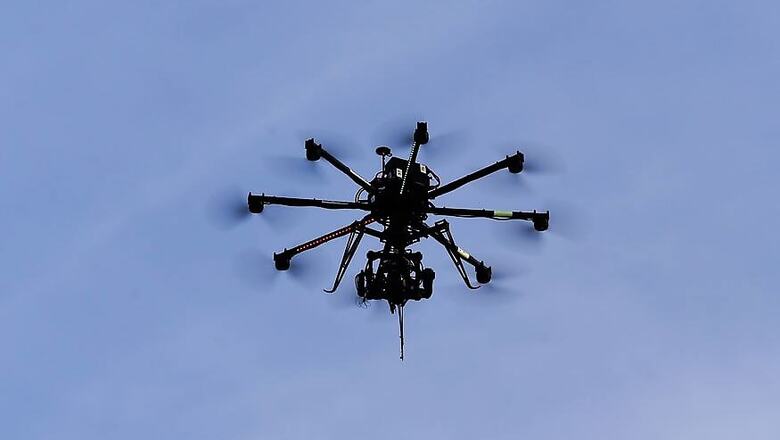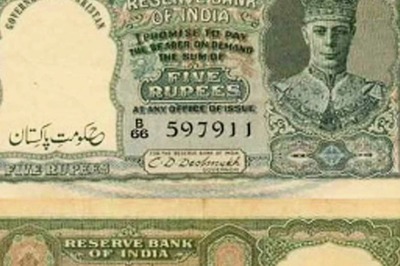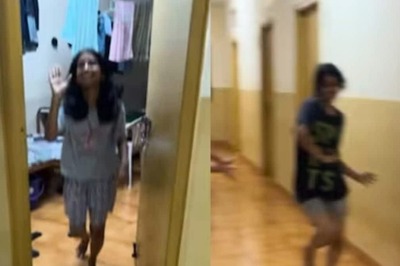
views
New Delhi: Anti-terror force NSG and industrial security agency CISF may be empowered to shoot down "rogue" low-flying objects like drones and gliders under a new policy which is being finalised.
A draft policy on operating low-flying, pilot-less objects will come up soon to deal with elements which could carry out terror attacks using drones, gliders, besides others, a home ministry official said.
The issue was discussed threadbare at a recent meeting of the Union home secretary with representatives of the Indian Air Force, civil aviation ministry, Central Industrial Security Force (CISF) and other stakeholders.
"The draft drone policy is in the final stage. It is focused on regulating the use of unmanned aerial vehicles and similar low-flying objects. The policy should come out in public domain this month itself to solicit comments from stakeholders," the official said.
The National Security Guard (NSG) and the Central Industrial Security Force (CISF) are likely to be given powers to shoot down any "erring" low-flying object if they find it as "rogue", the official said.
The two forces will acquire defence mechanism like electromagnetic system, which would have inbuilt radar, radio frequency jammer and detector.
The policy will have preventive features to ensure that there is no misuse of any kind of low-flying objects by terrorist groups or other anti-national elements.
The policy is being formulated after spotting of several UAVs in airports and border areas, hampering air traffic and raising security concern.
"It has become necessary to regulate UAVs to prevent their misuse in sensitive areas like airports. The policy will have provisions on how to check rogue elements operating UAVs," another official said.
The policy will have dual aspects of enabling features: licensing the UAVs for their use along the international borders as well as in guarding vital installations inside the country, and disaster relief works.
Currently, there is no policy on how to deal with a situation when a drone is sighted. There is nothing in the law to book a person if he or she involves in any mischief by operating a drone.
"There are no standard operating procedures to deal with the UAVs. That is why the new policy is being brought in," the security official said.
When a law is finally being enacted, it will define punishment, fine and also who can get license to fly a drone.



















Comments
0 comment